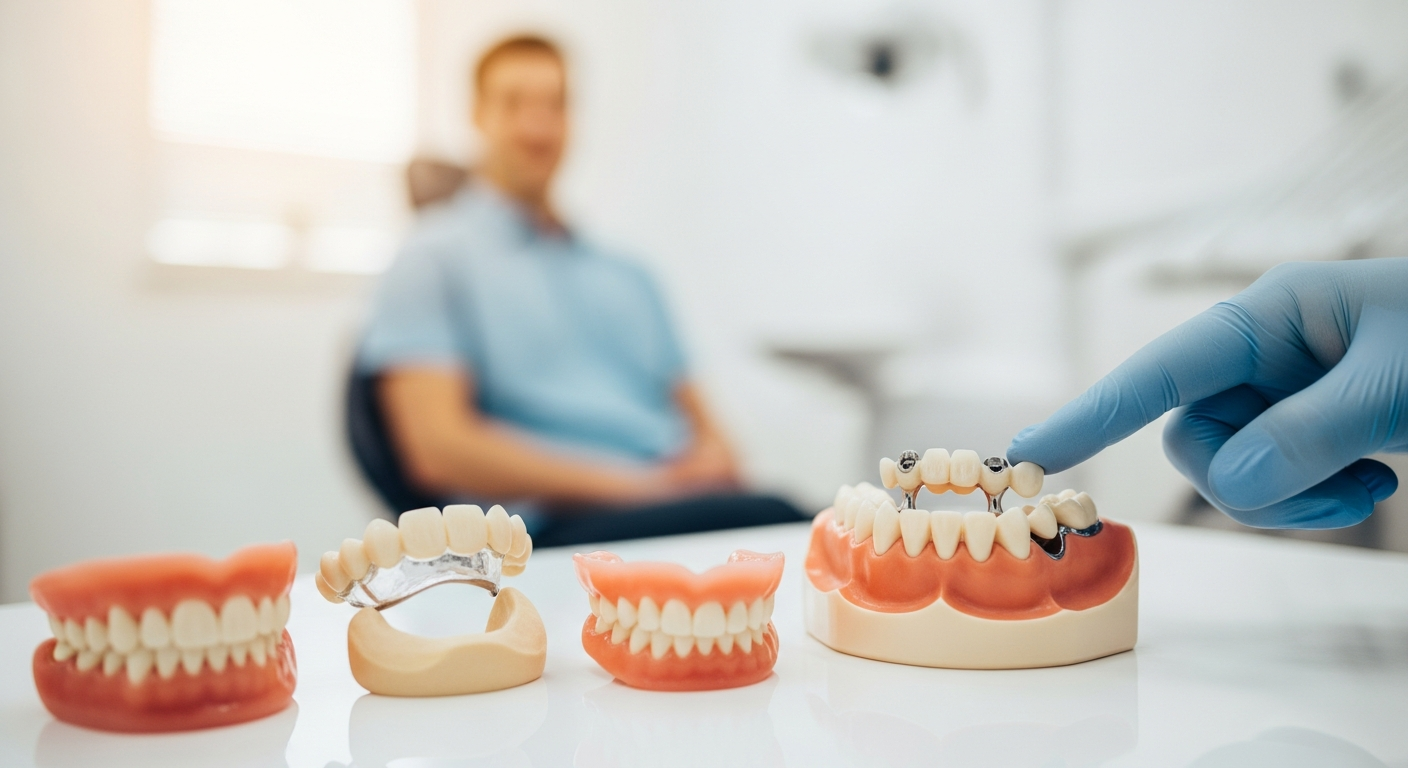Dental Implant Prices In 2025: What To Expect
Planning dental implant treatment in Canada can feel overwhelming, especially when trying to predict what prices will look like in 2025. Understanding typical cost ranges, what actually drives those numbers, and how financing or insurance may help can make conversations with your dentist clearer and decisions more confident.

Understanding what dental implant treatment may cost in 2025 is an important step for anyone considering tooth replacement in Canada. While no article can predict your exact bill, you can get a realistic sense of average price ranges, the reasons some quotes are higher than others, and how to approach financing so that the investment is easier to manage.
Average dental implant costs in 2025
Across Canada, a single dental implant to replace one missing tooth typically involves several components: the implant post placed in the jaw, an abutment, and a custom crown. As of the latest available pricing data, many patients can expect a total in the range of about 3,000 to 6,000 CAD per tooth, assuming no major complications.
More complex treatments cost more. An implant bridge replacing several teeth supported by two or more implants can often fall in the 6,000 to 15,000 CAD range, depending on the number of teeth replaced and the materials used. Full-arch options such as fixed implant bridges may cost between roughly 20,000 and 30,000 CAD per arch, with full-mouth reconstruction sometimes reaching 40,000 to 60,000 CAD or more.
These figures are broad estimates and can vary significantly between provinces, cities, and individual clinics. Costs in large urban centres are often higher than in smaller communities, and sedation, advanced imaging, or additional surgical procedures can increase the total.
What drives prices: materials and procedures
Several clinical and practical factors combine to determine the final price of dental implants. First is the complexity of the case: patients who need bone grafting, sinus lifts, or extractions will usually pay more than someone with healthy bone and a straightforward implant placement.
The type and quality of materials also matter. Titanium implants remain common and are widely researched, while ceramic or zirconia implants may cost more in some practices. Crowns made from high-end ceramics, custom abutments, or premium lab work add to the fee but can provide better aesthetics and durability.
Dentist experience and clinic overhead are further cost drivers. Providers who use advanced digital planning, surgical guides, or in-house milling technology may charge more but can sometimes streamline treatment. Regional cost of living, clinic rent, and staff salaries also influence how much a practice needs to charge for implant services in your area.
Single implants vs full-mouth options
There is a significant difference between paying for one or two implants and planning full-mouth or full-arch implant treatment. A single implant is often billed as a series of procedures over several months: surgical placement, healing, then restoration. Many patients manage these costs gradually.
Full-arch solutions, such as an implant-supported bridge with four to six implants per arch, front-load a much larger investment. Although the total cost can seem high, the price per replaced tooth is often lower than placing many individual implants. Removable implant overdentures, which use two to four implants to stabilise a denture, can be a middle-ground option with fees typically below those of fixed full-arch bridges.
When comparing options, it is important to look beyond the headline price and understand what is included: number of implants, type of restoration, temporary teeth, follow-up visits, and warranty policies. Asking the clinic for a written treatment plan and itemised estimate can help you compare single-implant and full-mouth solutions more clearly.
Financing and insurance possibilities
In Canada, most provincial health plans do not cover routine dental implants, as they are considered elective or restorative rather than medically necessary. However, certain situations, such as reconstruction after trauma or major disease, may have partial coverage when performed in a hospital setting. These cases are less common and follow specific criteria.
Private dental insurance often focuses on basic and major services such as cleanings, fillings, and some crowns. Many plans exclude implants entirely or pay only what an alternative treatment, like a bridge or denture, would have cost. Some extended benefits policies, especially higher-tier ones, may reimburse a portion of implant-related fees up to a yearly maximum.
Because of these limitations, many clinics in Canada now offer financing through third-party companies or in-house payment plans. Patients may have the option to spread costs over several months or years, sometimes with promotional interest rates. It is essential to read the terms carefully, check interest and fees, and ensure that the payment schedule fits within your budget.
Tips for saving on treatment in 2025
There are several ways patients in Canada can work toward keeping dental implant costs manageable in 2025, without compromising on safety. Comparing quotes from more than one reputable provider can reveal differences in recommended approaches and pricing. University dental schools, where treatment is supervised by experienced faculty and carried out by residents, may offer lower fees in exchange for longer appointment times.
| Product or service | Provider example | Cost estimation (CAD) |
|---|---|---|
| Single implant with crown | Typical private dental clinic | 3,000 – 6,000 per tooth |
| Three-unit implant bridge | Network clinic such as Altima | 6,000 – 12,000 total |
| Implant overdenture (one arch) | Large network such as 123Dentist | 8,000 – 15,000 per arch |
| Fixed full-arch bridge | Various specialist clinics | 20,000 – 30,000 per arch |
| Full-mouth reconstruction | Specialist or multidisciplinary | 40,000 – 60,000 or more total |
Prices, rates, or cost estimates mentioned in this article are based on the latest available information but may change over time. Independent research is advised before making financial decisions.
Real-world prices will also depend on whether you require imaging such as cone-beam CT, bone grafting, sedation, or additional restorative work on neighbouring teeth. When comparing providers, clarify which of these elements are already included in the quote and which may be billed separately.
To save money, some patients consider travelling within Canada to regions where fees are slightly lower, while still benefiting from Canadian regulations and follow-up care. Others time treatment to maximise private insurance benefits across more than one calendar year, or use health spending accounts where available. In every case, it is important to ensure that any cost-cutting strategy does not compromise infection control standards, implant quality, or the dentist’s experience.
This article is for informational purposes only and should not be considered medical advice. Please consult a qualified healthcare professional for personalized guidance and treatment.
In summary, dental implant prices in 2025 in Canada are likely to remain a significant but often worthwhile investment in oral function and comfort. Understanding typical cost ranges, the factors that influence fees, and the range of treatment and financing options available can help you work with your dental team to choose a plan that fits both your health needs and your budget.




